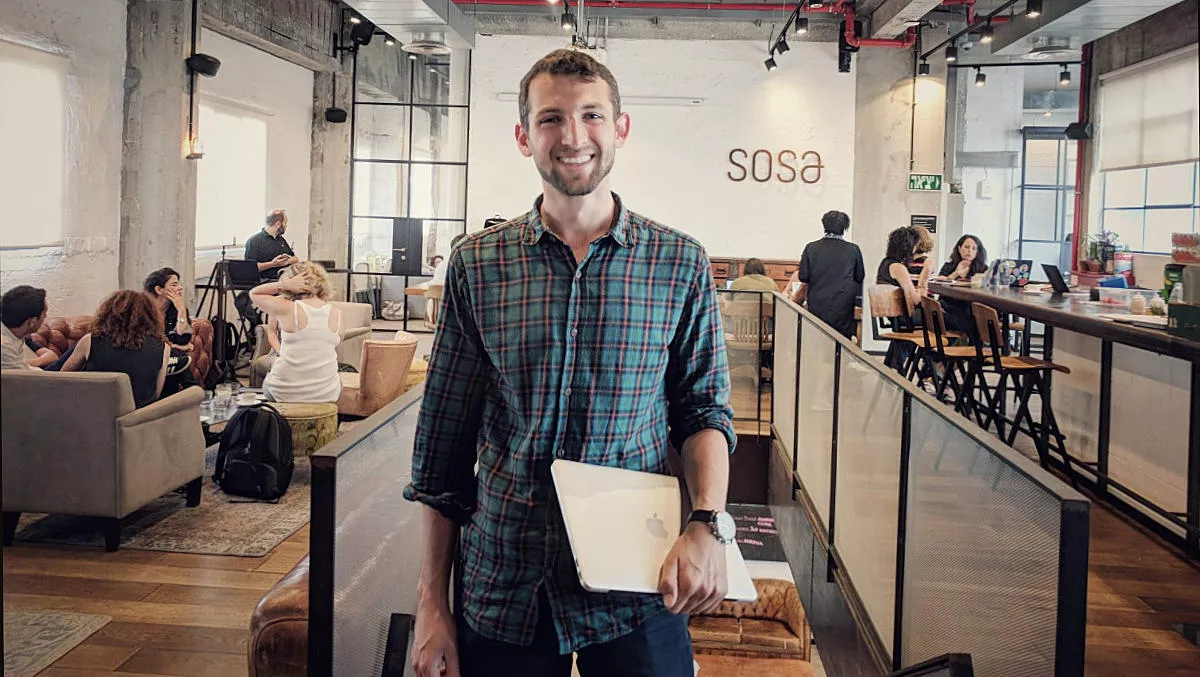
Q&A: myInterview cofounder Benjy Gillman talks recruitment in 2020 & beyond
There are undoubtedly many employment challenges ahead as the world gets back on its feet and invents new ways of revitalising economies, people, and the workforce. For many people, displacement from their jobs and careers has been an unfortunate and inevitable side effect of keeping people safe.
Human resources and recruitment processes are also facing change. Businesses looking to hire new staff must also be more adaptable in terms of who, where, and how they recruit. We spoke to myInterview cofounder Benjy Gillman to get a sense of what this new recruitment age will look like.
As a brief introduction, could you explain a little about yourself and myInterview?
My co-founder, Guy Abelsohn, and I actually came up with the concept for myInterview when we were still in high school. We were essentially fed up with applying for casual jobs with a resume that said nothing about who we really were. Since then, we have always wanted to create a business that would have an impact on the world, although we found – like many others – that recruitment is still a royal pain-in-the-behind.
How have recruiting practices evolved in recent years?
There has been no real change in more than a hundred years, or even longer. With all of our amazing technological advancements, we as candidates still submit a piece of paper called a resume or CV with some dot points that are meant to sum us up as human beings. This arrangement still upsets me because there is so much lost potential and the place you spend the majority of your conscious day should be linked to so much more.
However, the main reason that there has been no advancement is that a resume simply remains convenient to submit and review. This is the main reason why we created myInterview. We felt strongly that in the digital information age, personality, soft skills and a data-rich methodology should be the norm. We use video in so many facets of our lives - and even more so now - how has recruiting and hiring not caught up?
How will recruiting practices need to change going forward to support the new expectations for a post-coronavirus workplace?
In the new normal, our lives will be further permeated by video. Not only for personal interactions or business meetings, but for everyone in increasing uses. Interaction that formerly was done almost exclusively in person will remain, at least in part, on video - both because we've gotten used to this new way of doing things, and because we've been forced to race forward and embrace video technologies in a new way that we've come to enjoy.
Job seeking and talent acquisition is a perfect example of this. The demand for video interviewing has skyrocketed and there's no sign that this trend won't continue going forward. Phone screening calls, once done en masse, have given way to one-way recorded, or asynchronous video introductions, while in-person interviews have been replaced with live two-way or panel video calls. The result? A better new normal for everyone.
What impact will the post-coronavirus job market have on recruiting practices?
The candidate market is growing exponentially as a result of role redistribution due to recent layoffs during the Coronavirus outbreak. We have identified some sample industries growing rapidly and some businesses looking to take advantage and attract high-quality people who have recently left other industries that have been hit hard.
One of the central challenges of recruiting in recent years has been the large volume of applicants per opening as a result of the extreme ease of applying. An example of this is digital forms where candidates can easily copy and paste information. This problem is getting a whole lot worse as the job market is flooded with new candidates. Businesses need to find quality talent quickly. Companies are shifting toward remote work and this trend is likely to grow further than the next few months. Coupled with the adoption of artificial intelligence tools and growing gig-economy workers, the use of video is poised to take over recruiting.
When faced with these new realities, what characteristics will help to define successful companies?
The easy answer is adaptability. Too easy perhaps? Maybe a better way to put it is the rate of adaptation. Slow-moving enterprise mentality is a thing of the past. In a rapidly evolving landscape, speed is the name of the game. This is one of the reasons that when building myInterview we set out to minimise the amount of time it takes to onboard our platform. I loathe to think about such processes during a worldwide crisis such as we're experiencing now. The quicker you are to embrace change, the faster you'll steady your ship and regain the ability to steer.
What are your recommendations to other companies to keep pace with these changes?
There are many changes taking place that we all will need to keep pace with. From my perspective as a young company, maintaining focus on key elements of your business and streamlining is the only way to stay the course and come out the other side stronger. Yes, this probably means some difficult decisions around where to cut back. The most crucial part of any organisation is its people and I see this as the epicentre of the strategy.
That's why I think it's important to invest in good people and this means investing in finding the best matches. You see where I'm going here, right? How do you find good people? When we make it out the other side of the current situation, we'll be here to help you with finding the best matches for your soon-to-be growing team.
To find out more about myInterview, click here.


